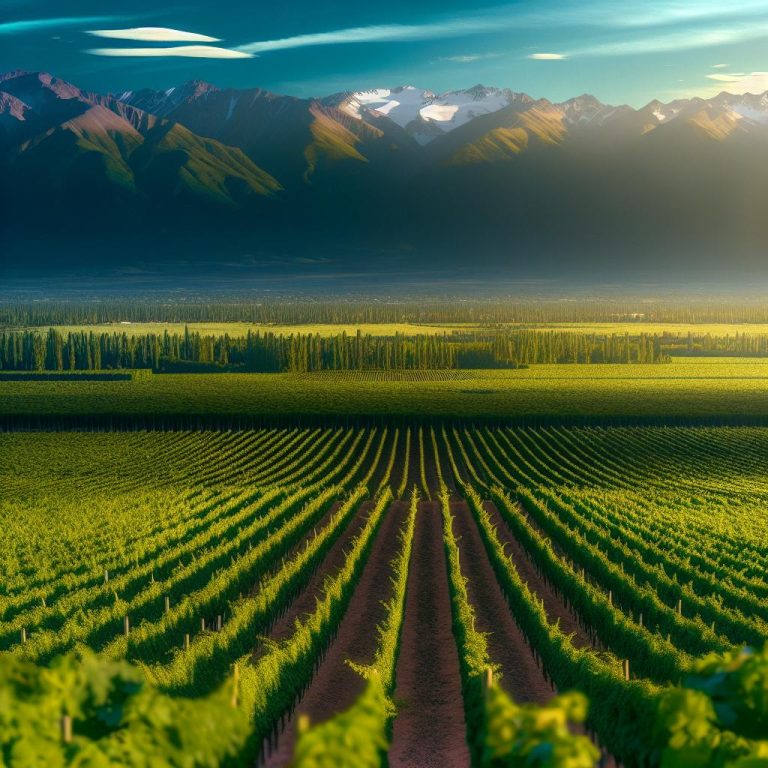Overview of Mendoza Wine Region The Mendoza Wine Region, nestled in Argentina, is celebrated globally for its superior viticulture and winemaking. Located at the base of the Andes Mountains, this region enjoys an exceptional combination of geographical and climatic elements that support the creation of high-quality wines. Understanding the attributes of this unique region provides…
Author: admin
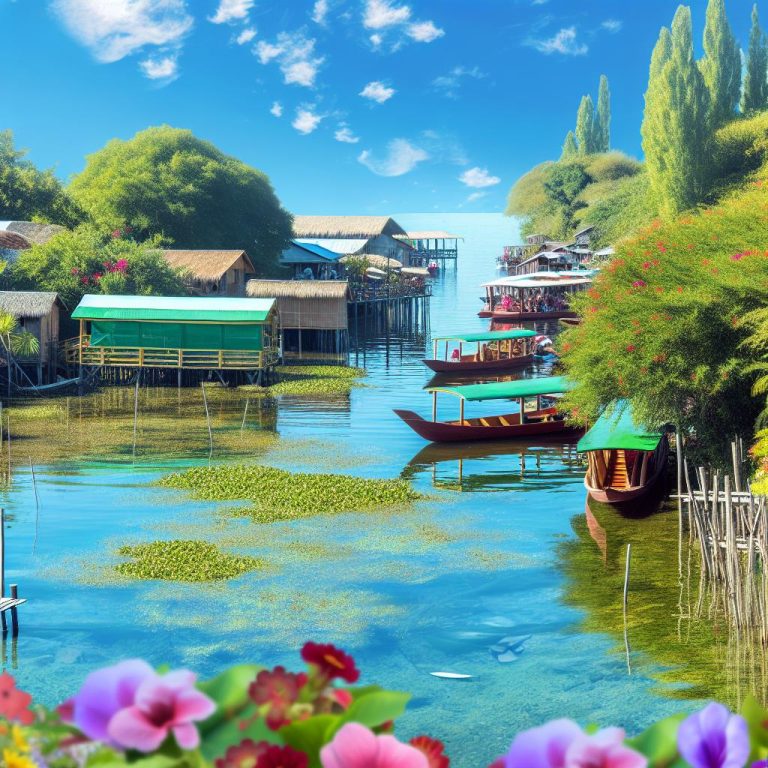
Tigre Delta
The Tigre Delta: An Overview The Tigre Delta, located in the northeastern part of Argentina, is a vast and dynamic wetland ecosystem. Situated about 32 kilometers (20 miles) from Buenos Aires, it serves as an essential natural and cultural asset. The delta is formed by the convergence of the Paraná and Uruguay rivers, which together…
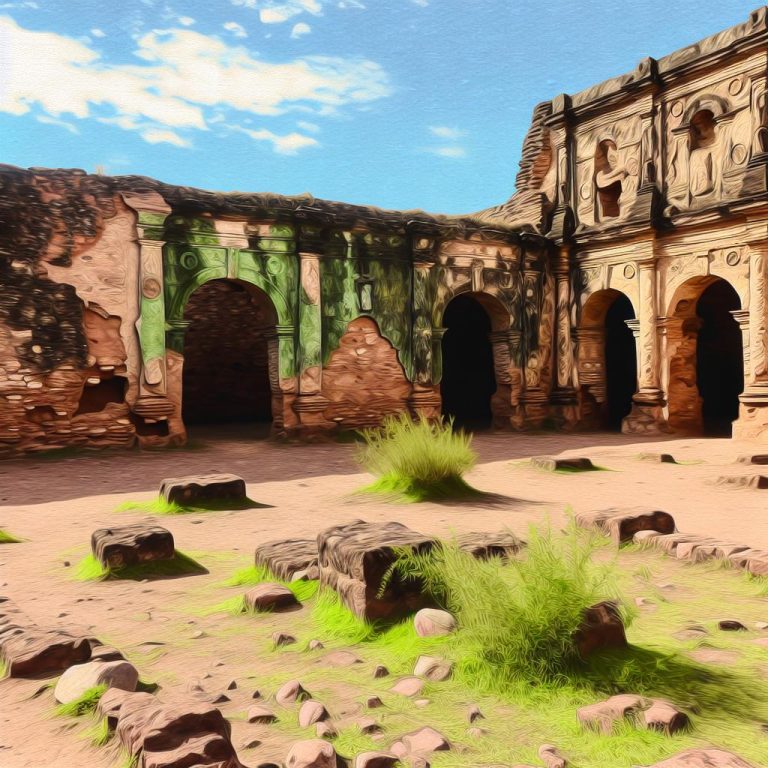
Ruins of San Ignacio Miní
Overview of San Ignacio Miní The Ruins of San Ignacio Miní, located in Argentina’s Misiones Province, stand as one of the most significant remnants of the Jesuit missions in the region. Originally founded in 1632, this mission formed part of a broader network initiated by the Jesuits with the primary objectives of evangelizing the indigenous…
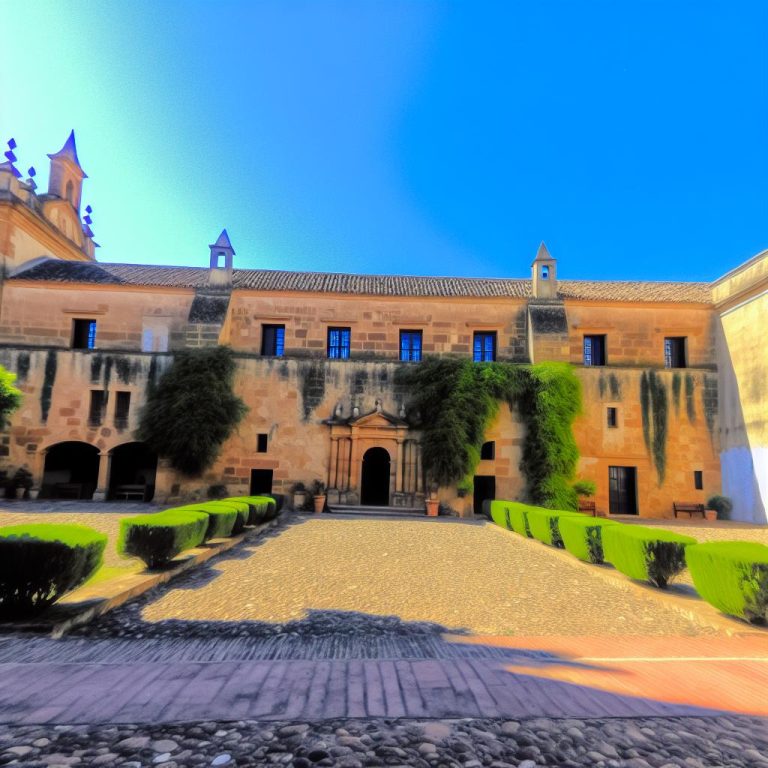
Jesuit Block and Estancias of Córdoba
The Historical Significance of the Jesuit Block and Estancias of Córdoba The Jesuit Block and Estancias of Córdoba in Argentina stand as historical landmarks illustrating the multifaceted influence of the Jesuit missionaries during the colonial era in South America. Established in the early 1600s, these sites manifest the Jesuits’ comprehensive approach to religion, education, and…
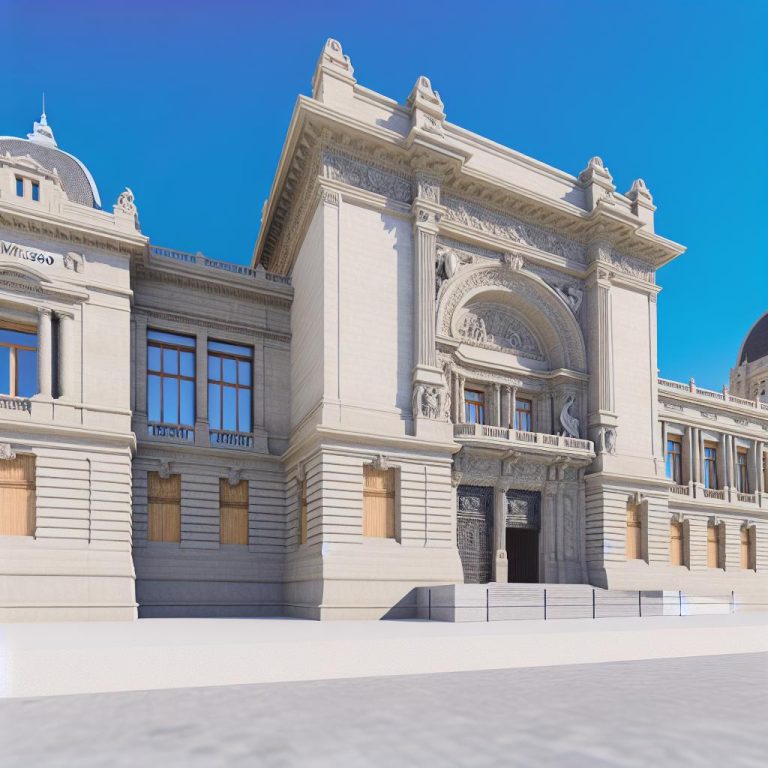
Museo Nacional de Bellas Artes
Museo Nacional de Bellas Artes: An Overview The Museo Nacional de Bellas Artes, situated in Buenos Aires, Argentina, is a pivotal cultural institution celebrated for its extensive array of artworks. Showcasing pieces from both local and international artists, the museum draws numerous visitors every year, all keen to explore its impressive collections. History and Background…
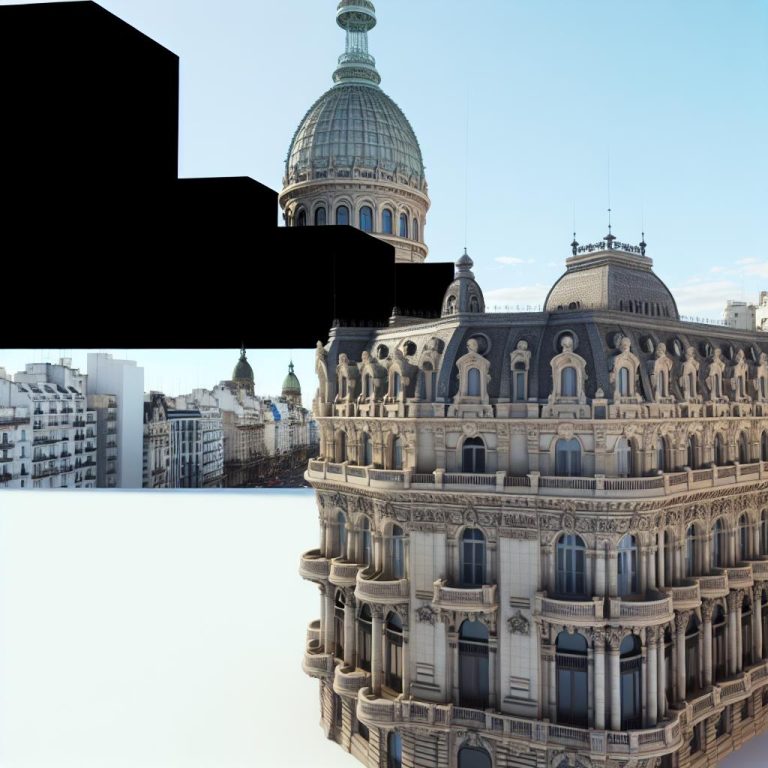
Palacio Barolo
Introduction to Palacio Barolo Located in the vibrant city of Buenos Aires, Argentina, Palacio Barolo stands out as an architectural masterpiece that has captured the attention of locals and tourists alike. Completed in 1923, this remarkable building was the brainchild of Mario Palanti, an innovative architect commissioned by Luigi Barolo, a successful Italian businessman. What…
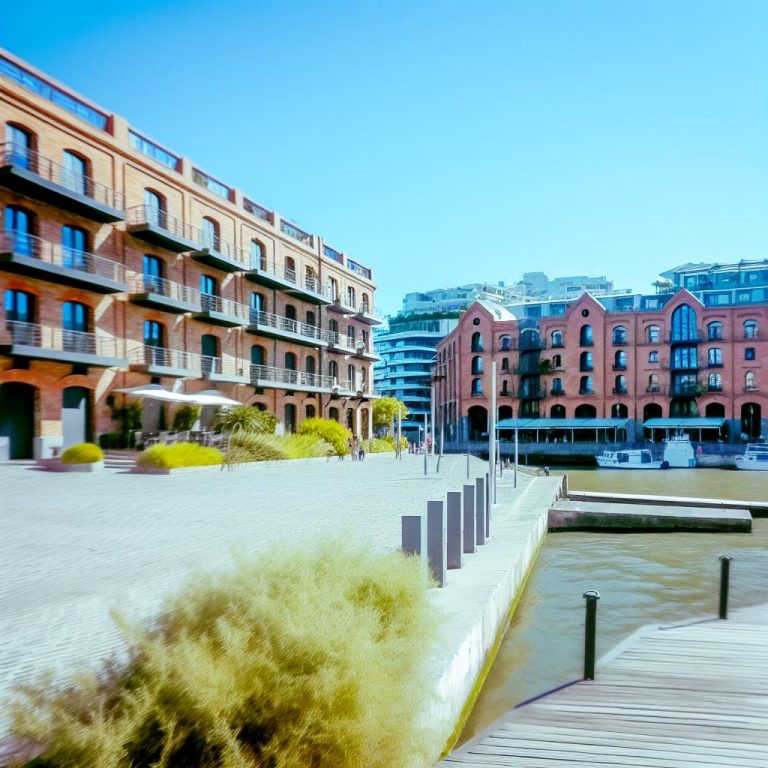
Puerto Madero
Introduction to Puerto Madero Puerto Madero is one of Buenos Aires’ most modern and upscale neighborhoods, showcasing a unique blend of historical significance and contemporary architecture. Located alongside the Rio de la Plata, it has undergone a significant transformation from its origins as an old port area to a symbol of urban renewal. Though initially…
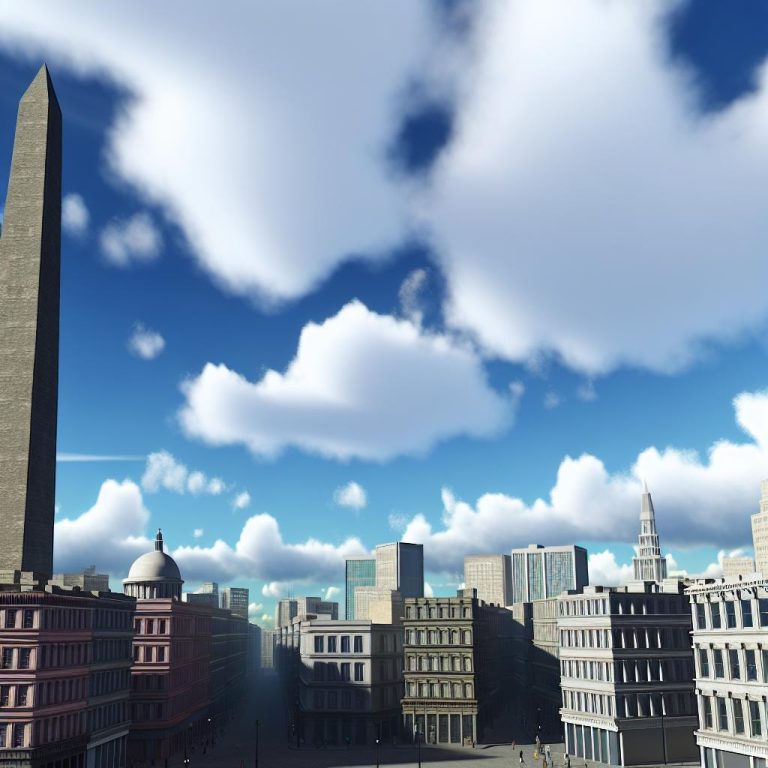
Obelisco
Introduction to the Obelisco The Obelisco is one of the most iconic landmarks located in Buenos Aires, Argentina. Erected in 1936, it stands at the junction of two major avenues, Avenida 9 de Julio and Avenida Corrientes, in the heart of the city. The monument was constructed to commemorate the fourth centenary of the first…
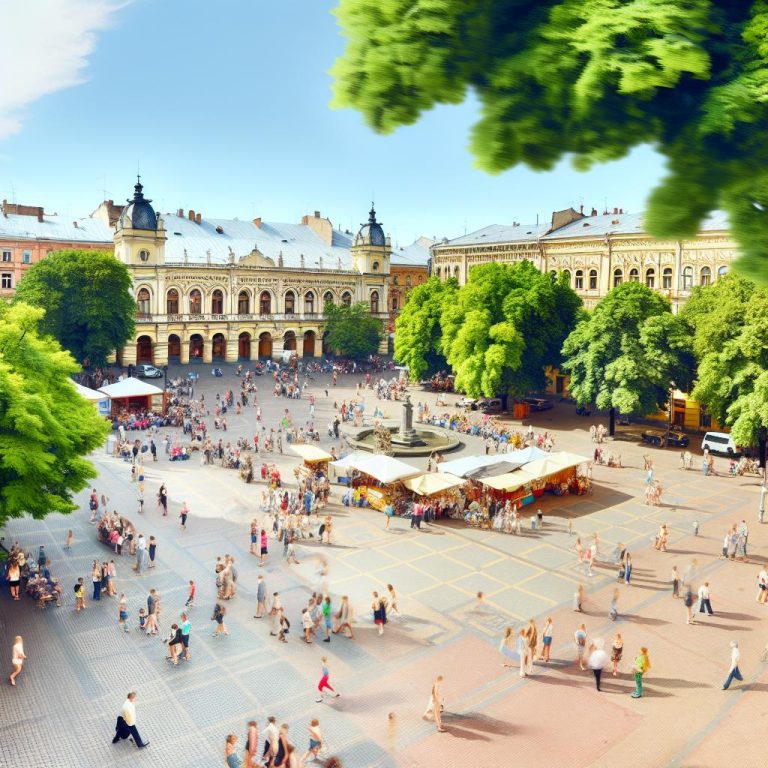
Plaza de Mayo
Overview of Plaza de Mayo Located in Buenos Aires, Argentina, the Plaza de Mayo serves as a historically and politically significant public square. Established during the 16th century, it quickly became a pivotal site for major political events in the city. The plaza’s significance lies not only in its history but also in its central…
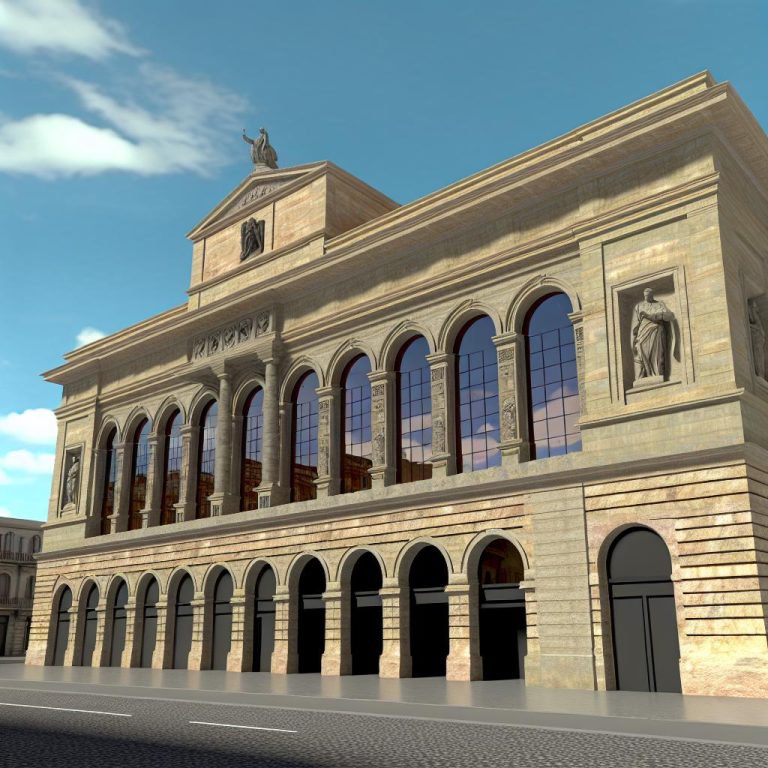
Teatro Colón
The History of Teatro Colón The Teatro Colón, situated in the bustling city of Buenos Aires, Argentina, stands as a monumental icon among the world’s grand opera houses. Renowned for its resplendent architecture and exceptional acoustics, this theater has cultivated a stellar reputation since its inauguration on May 25, 1908. A product of an elaborate…

